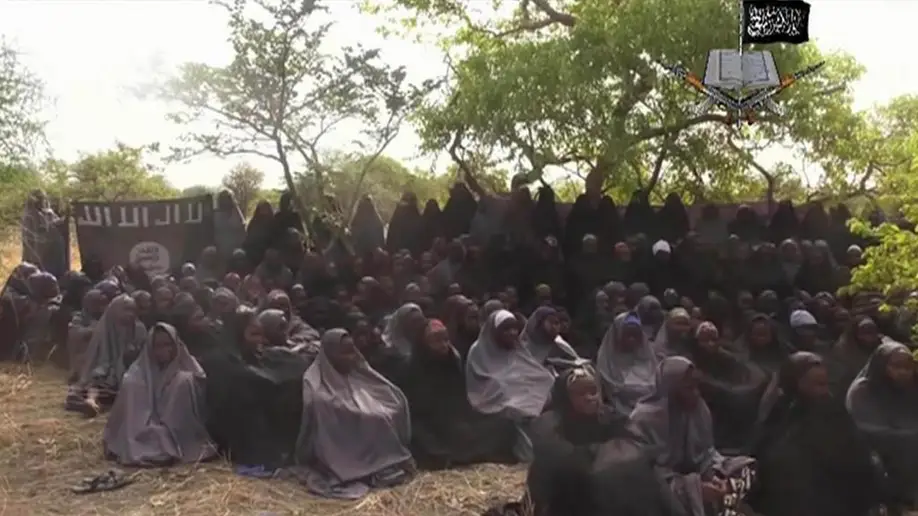Rabiu Hassan
The African Union (AU) has strongly condemned the recent mass abductions in Nigeria, highlighting them as a worrying sign of ongoing threats to the country and the continent’s stability.
“This despicable act is a further illustration of the pervading threat posed by terrorism, violent extremism, and banditry to the peace and stability of the Nigerian State, the West African region, and the Continent as a whole,” declared H.E. Moussa Mahamat Faki, Chairperson of the African Union Commission, in a statement tweeted by the AU.
The statement came after armed bandits raided the village of Kuriga in Kaduna state, northwestern Nigeria, on Thursday, March 7th, 2024, abducting a large number of schoolchildren and women.
Faki demanded the “immediate and unconditional release” of the abductees.
Background and Concerns
This attack in Kaduna marks the second mass abduction in Nigeria within a week, following a similar incident in Borno state. Terrorist groups frequently target civilians, often demanding ransom payments from families.
President Bola Tinubu has vowed a strong response, ordering the armed forces to take down the kidnappers. He expressed confidence in the victims’ safe return.
However, rights groups like Amnesty International remain critical. They point out the “persistent failure to protect people” as evidenced by these abductions, which they claim are part of a larger trend that has seen “thousands of Nigerians” killed in the past five years.
Impact of Abductions
Beyond the immediate human suffering, mass abductions can have a devastating impact on families and communities. Nairametrics reports that such incidents not only cause immense emotional distress but also stifle economic progress in affected areas.
The abduction of innocent civilians remains a serious crime in Nigeria, punishable under the Terrorism (Prevention and Prohibition) Act.





